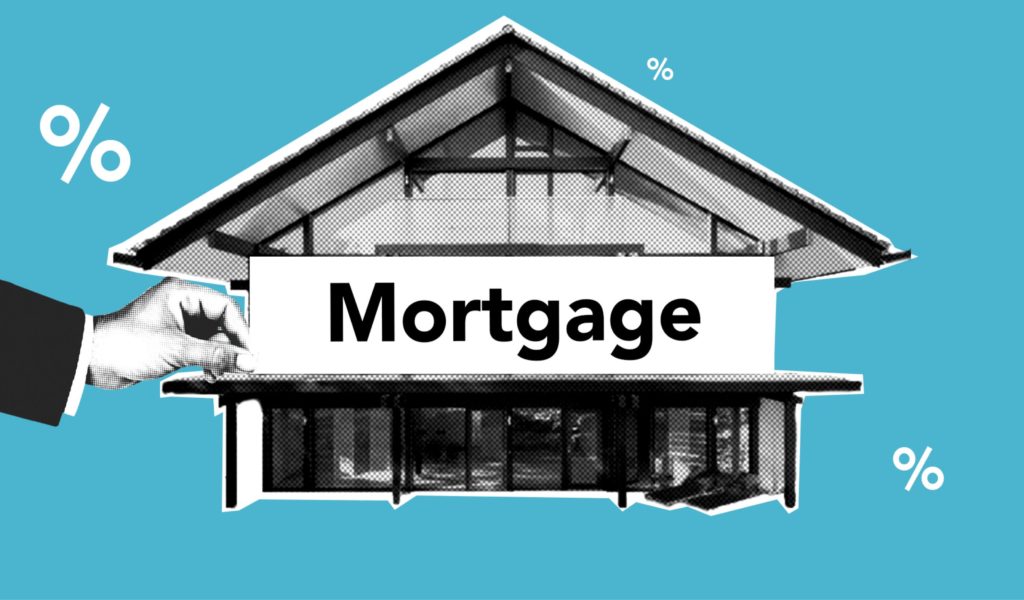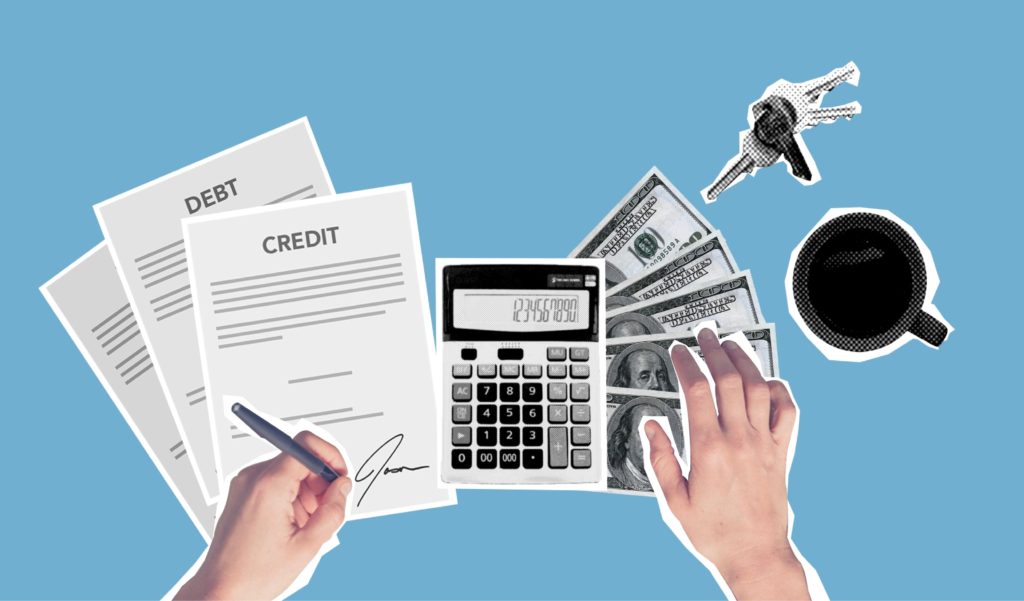We talked about the different strategies that amateur investors and professional investors use, and also looked at their education on property training, now it’s time to move on to the most important and fundamental difference – the mindset.
Amateur investors keep themselves away from debts
Most people hesitate to apply for loan or mortgage from the bank. Even if they do, they would want to pay it back as soon as they can to avoid losing out on the interest they pay to the bank. We were taught to be independent and not to ask for help, especially when it comes to financial problems. Therefore, most people are proud to pay off their mortgage after 15 to 25 years of hard work.
Ironically, these are usually the same people who would feel super comfortable using credit cards to purchase goods that are only liabilities and cannot generate any income. When was the last time you used your credit card to pay for your dinner, new apparels, new shoes, new shelves, even the tutorial fees for your children? None of the above items can be classified as an investment (well, your children’s tutorial fees could be counted as such, if you wish), the value of these items has reached its apex of value at the time it was bought. Quite the opposite, their value will drastically decrease once you start using them.

Now let us put ourselves into the professional investor’s shoes for a moment (I know you would not agree with me, but just try to think differently for a moment, otherwise you can stop reading).
Professional investors constantly in search of good debts
Professional investors constantly look for debts, but only good debts. Debts that can help build wealth or increase income over time. Sounds contradictory, right? How could owing people money be a positive thing? But this is exactly how investment works. The basic form of property investment looks like this: Instead of purchasing a house using 100% of your own cash, professional investors will make use of a bridging loan, a mortgage, or very often other investors’ funds to purchase a property. Before the purchase, due diligence will need to be carried out thoroughly to make sure that the property will generate rental income that can cover the mortgage payment (make sure it’s an interest-only mortgage), utilities, insurance and repairs, and still leaves a net profit at the end of each month. In this way, you are making money each month with the help of the bank’s money, the lender’s money or other investor’s money, but not solely and entirely your own money. This debt, if planned carefully, every party in this deal is making profit that they are happy with, and this explains why this kind of debt is called ‘good debt’.

The luxury goods that you pay for using your credit cards are ‘bad debts’ which are payments that are no longer considered to be collectable. The long list of items on your monthly credit card statement are just expenses that you will need to pay back at the end of next month. There was no profit made from the purchase, and the items will lose its value along with time.
To own or not to own. That is the question.
People in Hong Kong like to own a property outright. They would feel less empowered and less confident if they don’t own it 100%. Most of them would spend 15 to 25 years or even their entire work life to try and pay back their mortgage. Quite a few managed to pay off one mortgage, and then they will look for another property and the whole cycle begins again. This has very much to do with our traditional, and certainly cultural way of thinking that of having your own home is, and should be, your life’s goal. It has even become a criteria for the consent of a marriage in most part of Mainland China. The man’s parents usually work their whole life to scrape together enough money to build or buy an apartment for their son, otherwise he would certainly not be able to find a wife. This belief is deeply ingrained in our society. A funny finding can prove me right: When you look up ingrained on Cambridge Dictionary, you will be able to find following sentence:

There is nothing wrong with that. But by putting all your savings and focus on one house limits the potential of your money and what it can do for you. A house which is not generating you any income is a liability, not an asset.
The strange thing here is, nobody would ever come up with an idea to own the company you are buying shares from, even though the shares you are holding is just some numbers and papers. Whereas investing in property is something that’s physical and real, something that you can hold on to, why would you prefer a “all or none” approach, instead of investing in different property projects to expand your passive income streams?

If I tell you that all you need to do is to change your way of thinking to become a professional investor, you must think that I am just wasting your time and talking nonsense. However, your mindset determines your decision, which becomes your habit, and your habit will shape your future.
I would like to end this article with the most beloved and most frequently mentioned quote from Henry Ford: “Whether you think you can, or you think you can’t – you’re right.”
